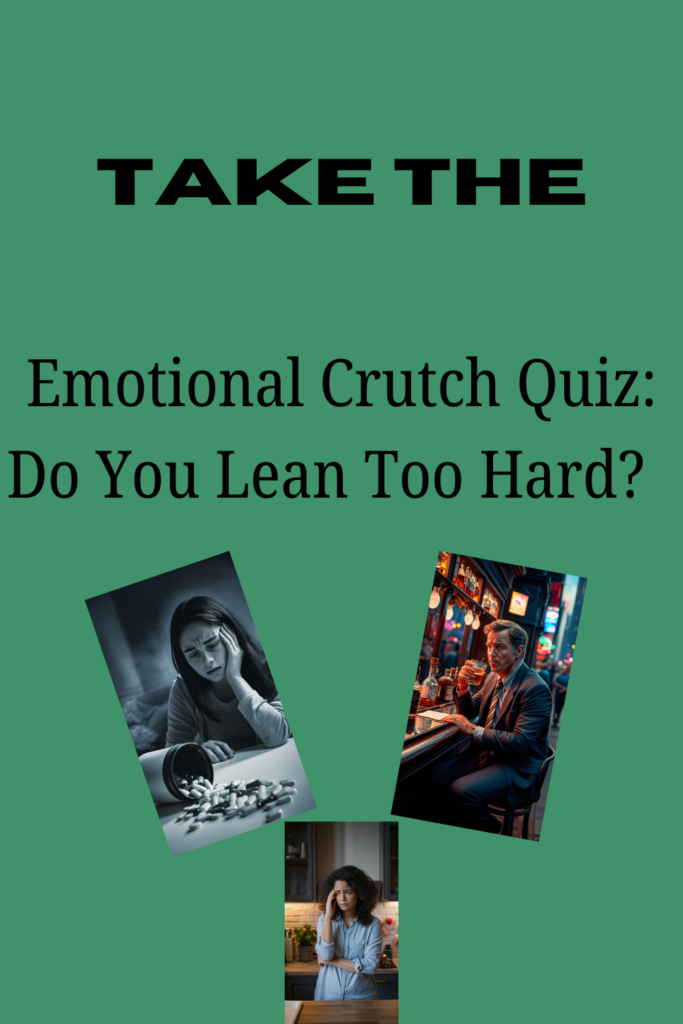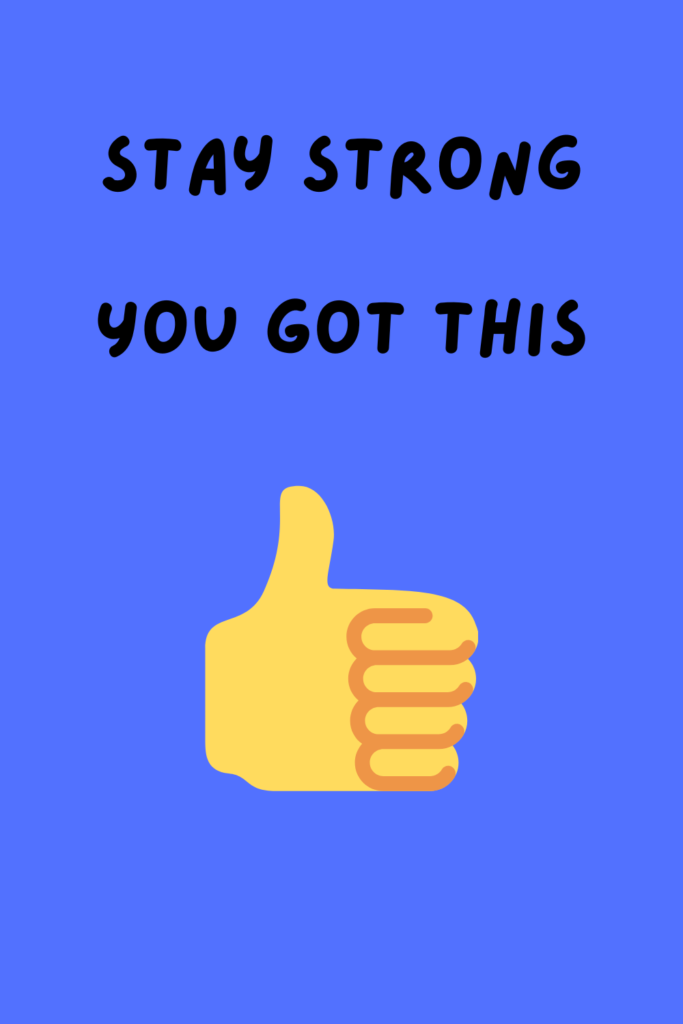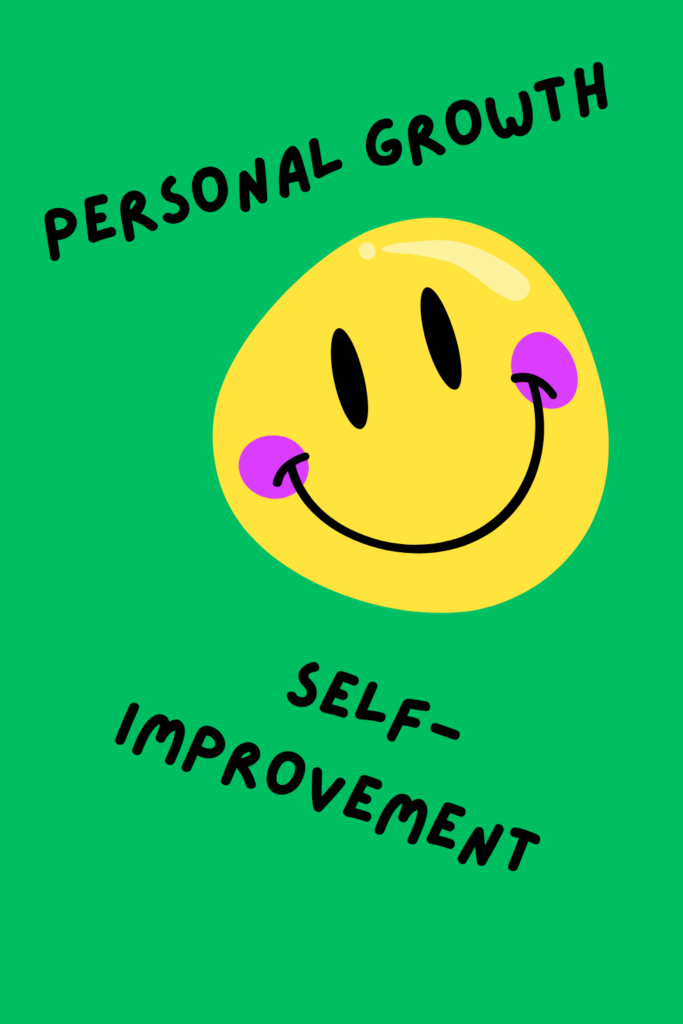The Emotional Crutch Quiz: Are You Leaning Too Hard?

Are You Leaning Too Hard? Take This Emotional Crutch Quiz to Find Out!
The Emotional Crutch Quiz is designed to help you reflect on your coping strategies and determine if you might be leaning too hard on emotional crutches.
In times of stress, it’s natural to seek comfort and support to help us cope. However, relying too heavily on certain coping mechanisms, like emotional crutches, can sometimes do more harm than good. These crutches might provide temporary relief, but they can prevent us from developing healthier, more sustainable ways of dealing with stress.
Quiz:
By answering just Five simple questions, you can gain valuable insight into your coping habits and take steps towards a more balanced and resilient approach to stress management. Let’s dive in and discover if you’re leaning too hard on your emotional crutches!
Answer truthfully, You will find the answers at bottom of page. You got this!
1. How do you typically cope with stress?
- a) I rely on friends or family for support.
- b) I turn to activities that I enjoy, like hobbies or exercise.
- c) I often use substances like alcohol or food to feel better.
- d) I try to solve the problem causing the stress on my own.
#2 When faced with a difficult decision, what guides your choice?
- a) I seek advice from others to help me decide.
- b) I consider my values and what will make me happy in the long term.
- c) I choose whatever will provide immediate relief or distraction.
- d) I trust my instincts and intuition to lead me in the right direction.
#3 How do you feel after using your usual coping mechanism?
- a) I feel supported and reassured.
- b) I feel energized and ready to tackle challenges.
- c) I feel guilty or regretful.
- d) I feel proud of myself for handling things independently.
#4 Do you find yourself relying on the same coping strategy repeatedly?
- a) Yes, I have a few go-to methods that work for me.
- b) Not really, I try to mix things up and stay flexible.
- c) Yes, I tend to fall back on the same habits, even if they’re not ideal.
- d) No, I’m always open to trying new approaches to see what works best.
#5 How do you react when someone suggests you might be relying too much on a certain coping mechanism?
- a) I appreciate their concern and consider their perspective.
- b) I feel defensive and dismiss their feedback.
- c) I get upset and withdraw from the conversation.
- d) I reflect on their comments and see if there’s truth to them.
Metaphorical, or Emotional Crutches To Avoid:

Using drugs and alcohol as an emotional crutch daily can have serious negative effects on both your physical and mental health, as well as your overall well-being. Some potential consequences are:
- Physical Health – Chronic use of drugs and alcohol can lead to a range of physical health issues, including liver damage, heart disease, weakened immune system, and increased risk of certain cancers.
- Mental Health – Using substances as a coping mechanism can exacerbate underlying mental health issues such as depression, anxiety, and mood disorders. It can also increase the risk of developing substance use disorders.
- Relationship Issues – Dependence on drugs and alcohol can strain relationships with family, friends, and coworkers. It can lead to isolation, conflicts, and breakdowns in communication.
- Financial Hardships – Substance use can be expensive, leading to financial strain and difficulty maintaining a stable job or income.
- Illegal Consequences – Substance abuse can lead to legal problems, including DUIs, possession charges, and other criminal offenses.
- Quality Of Life – Relying on drugs and alcohol as a coping mechanism can ultimately diminish your quality of life, affecting your ability to enjoy activities, pursue goals, and maintain a sense of fulfillment.


Results:
- Mostly A’s: You have a healthy approach to coping with stress and seek support when needed without overly relying on it.
- Mostly B’s: You have a balanced approach, incorporating various coping strategies and adapting to different situations.
- Mostly C’s: You may be relying too heavily on emotional crutches to cope with stress. Consider exploring healthier coping mechanisms.
- Mostly D’s: You are self-reliant and independent in your coping strategies, which can be positive, but ensure you are open to seeking support when necessary.
If you love Self-Improvement books please check out The Self-Improvement Shelf YouTube for book on this subject. I would love the support. Thank You!







